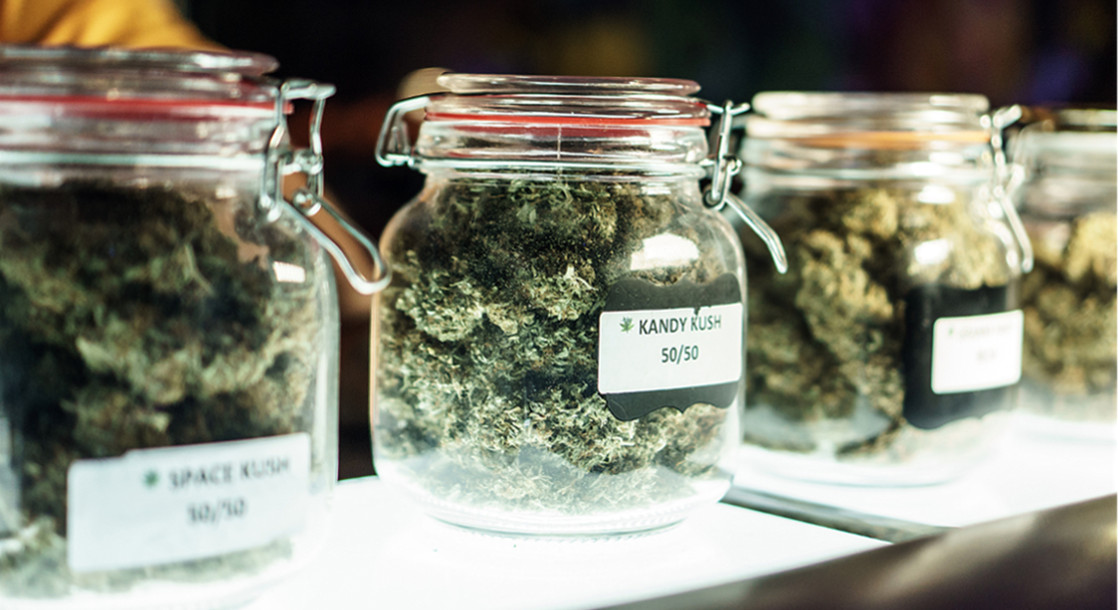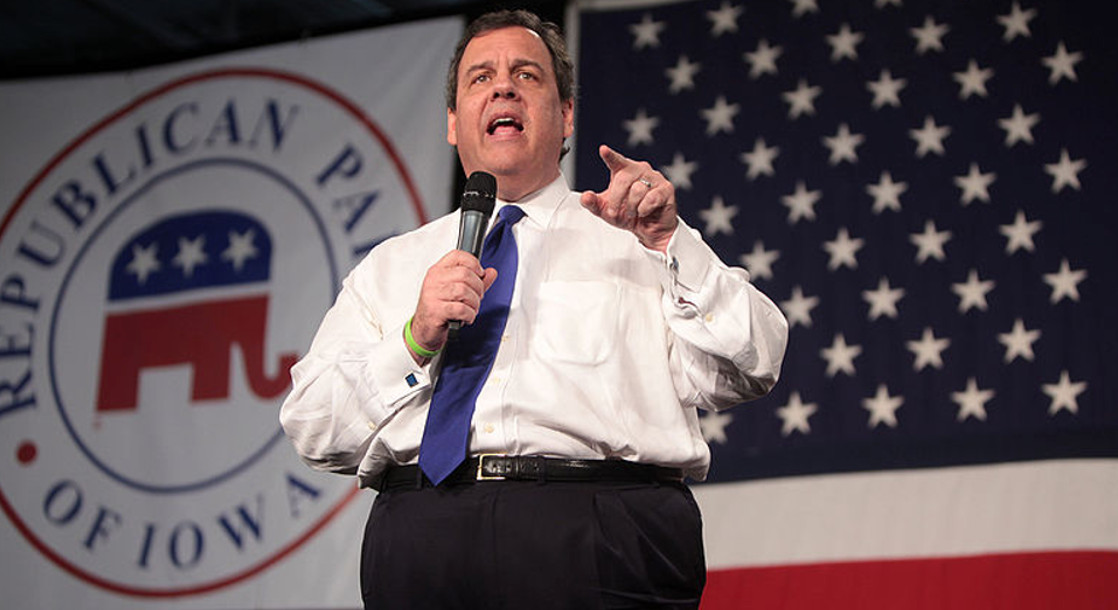As Massachusetts moves to open the East Coast’s first adult-use cannabis dispensaries, a new ruling from Bay State Attorney General Maura Healey will guarantee that medical marijuana patients can access their medicine locally, no matter how much individual towns might oppose legal weed.
According to CommonWealth Magazine, Healey’s recent decision came after two Massachusetts municipalities, Bellingham and Northborough, voted to ban pot shops altogether with no objection from the AG. In a letter sent late last week to town officials in Northborough, Healey outlined her change of heart, and said that local authorities “should strongly consider not enforcing the ban.”
“The Attorney General’s Office is committed to ensuring that the marijuana legalization law is implemented as quickly and safely as possible,” Margaret Quackenbush, a spokeswoman for Healey, said in an address to media. “After further review, we have determined that under the statute, towns are not permitted to enact bans on medical marijuana establishments.”
When Massachusetts first legalized marijuana for medical use in 2012, state regulators made it clear that cities and towns would not be able to ban dispensaries. But as the New England hub moved to welcome recreational legalization, new regulations updated the state’s medical marijuana protocols into an all-encompassing set of legal weed guidelines which allowed municipalities to ban dispensaries.
Now, after taking into account that the restrictions in Bellingham and Northborough would suppress medical cannabis access, Healey has made it clear that the state’s original medical marijuana zoning regulations will still apply amidst a new recreational market, citing a 2013 case in which the city of Wakefield was denied their application to outlaw pot shops.
“Upon further review, we now determine that this approval was given in error,” Margaret Hurley, head of the Municipal Law Unit in the Attorney General’s Office, wrote to Bellingham officials on Friday. “As explained in our decision in the Wakefield case…such a ban would frustrate the purpose of [the medical marijuana law] to allow qualifying patients who have been diagnosed with debilitating medical conditions reasonable access to medical marijuana treatment centers. [The law’s] legislative purpose could not be served if a municipality could prohibit treatment centers within its borders, for if one municipality could do so, presumably all could do so.”
For Massachusetts medical marijuana advocates, the Attorney General’s ruling reversal is one of a number of reasons why the Bay State needs to officially separate its medical and adult-use cannabis industries.
“We should not be conflating the two issues,” Nichole Snow, president and executive director of the Massachusetts Patient Advocacy Alliance and a member of the state’s Cannabis Advisory Board, told CommonWealth. “One [customer] is sick, one is using for recreational purposes.”
Because both Bellingham and Northborough have already placed pot shop bans on local law books, neither municipality has fielded a single dispensary application, but thanks to Attorney General Healey’s recent decision, intrepid ganjapreneurs could start applying soon.











